24/7 Helpline:
(866) 899-111424/7 Helpline:
(866) 899-1114
Learn more about Bipolar Disorder Treatment centers in Cherokee County
Bipolar Disorder Treatment in Other Counties

Northeastern Behavioral Health Services
Northeastern Behavioral Health Services is a public rehab located in Tahlequah, Oklahoma. Northeaste...

Creoks Mental Health Services
Creoks Mental Health Services is a private rehab located in Tahlequah, Oklahoma. Creoks Mental Healt...

Cherokee Nation – Behavioral Health Adult Clinic
The Behavioral Health Adult Clinic of Cherokee Nation is a co-occurring addiction treatment center i...


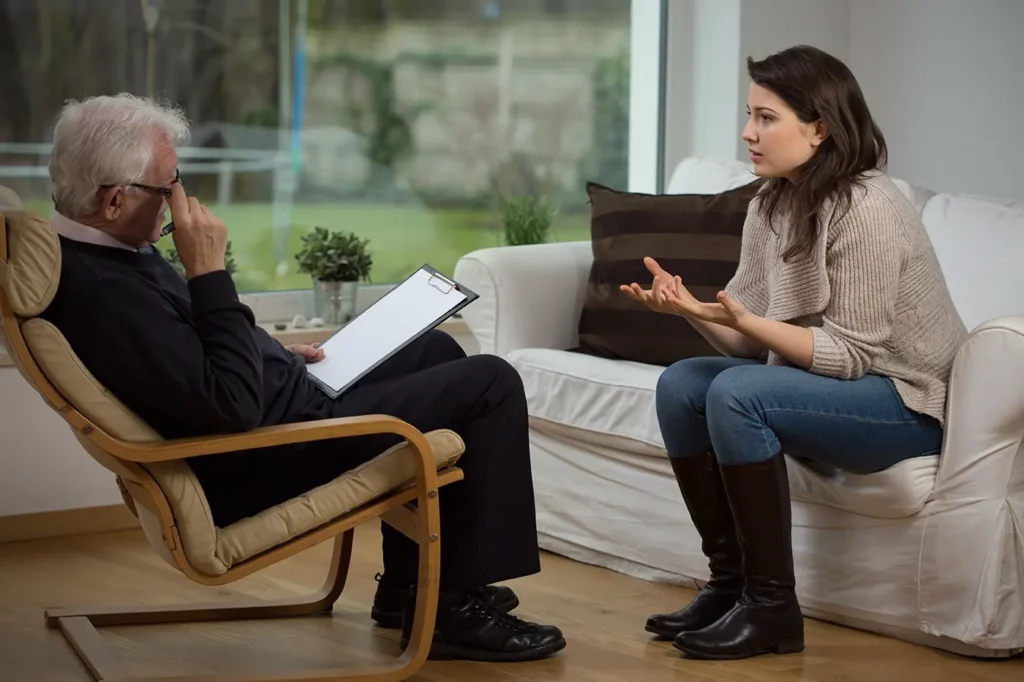
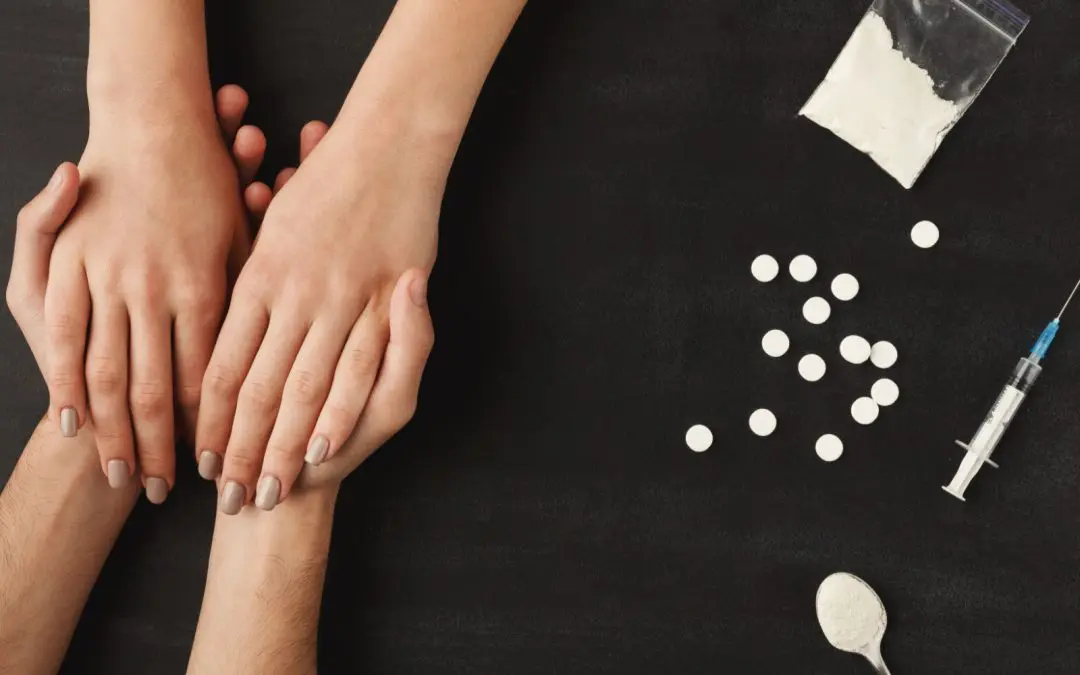





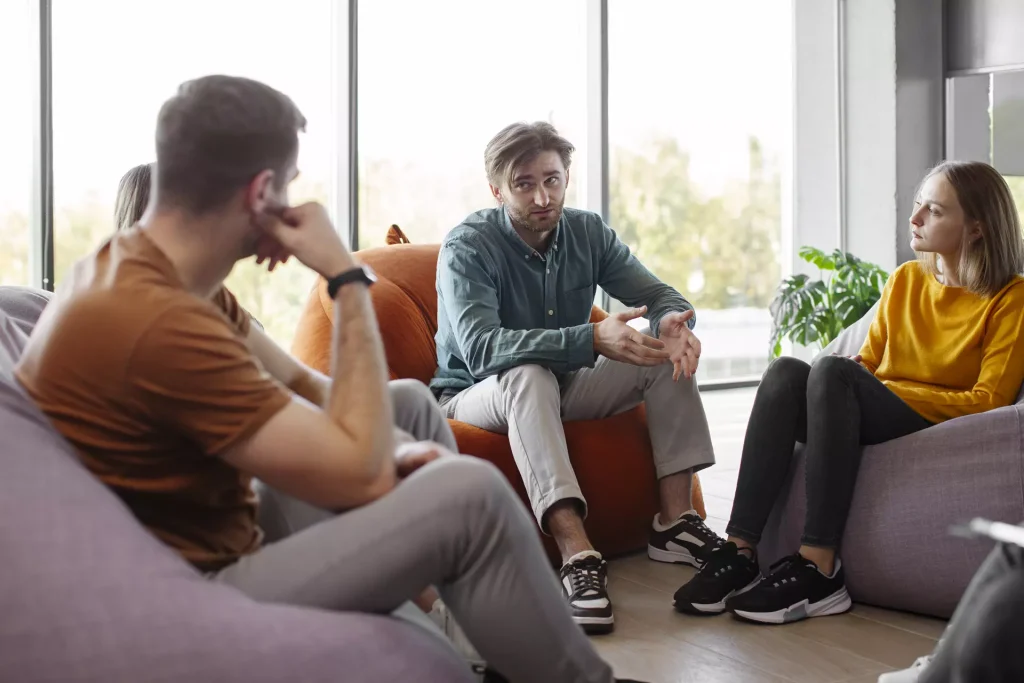






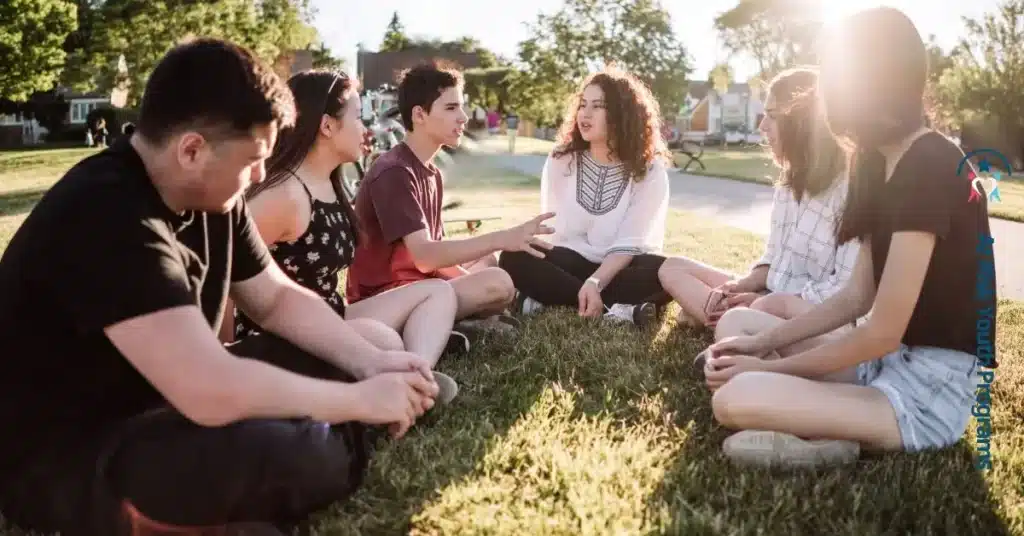
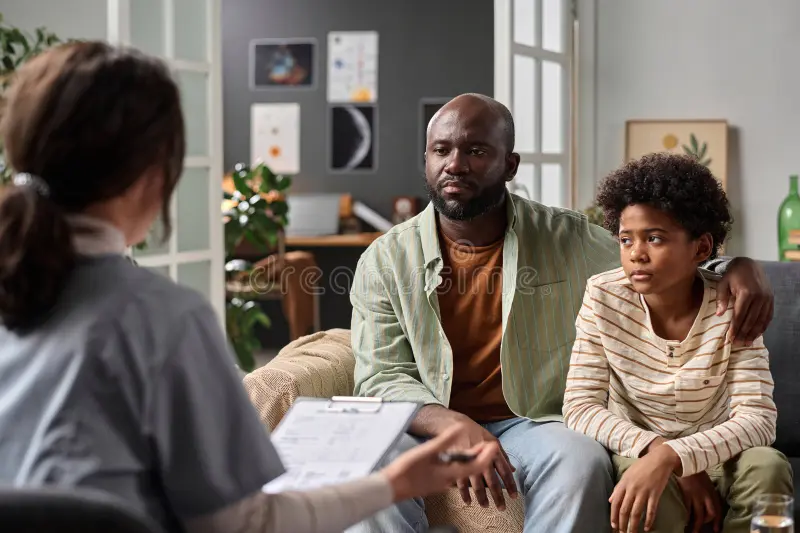
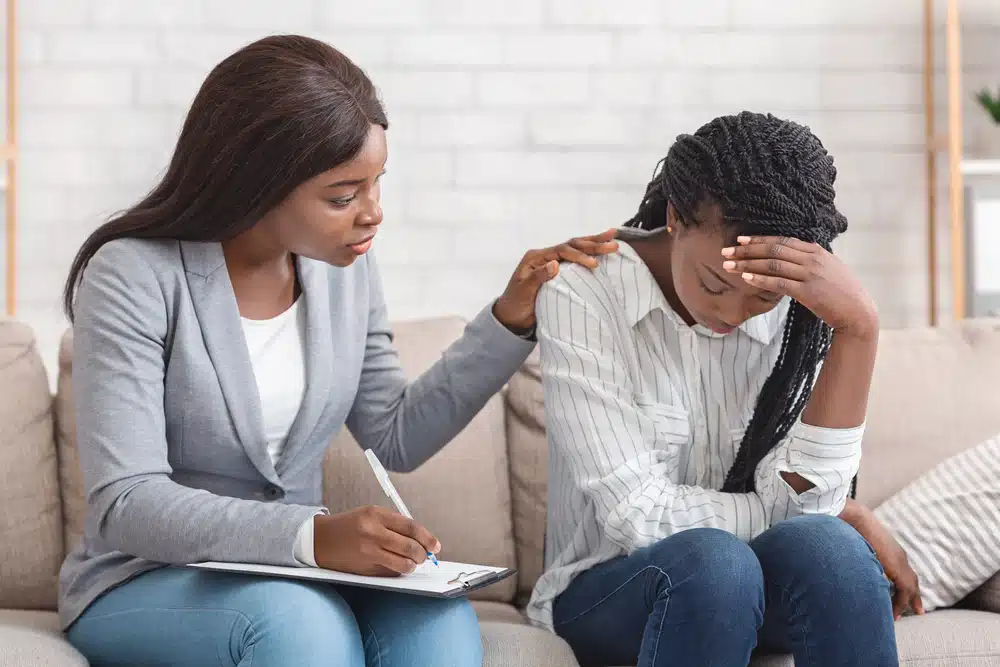


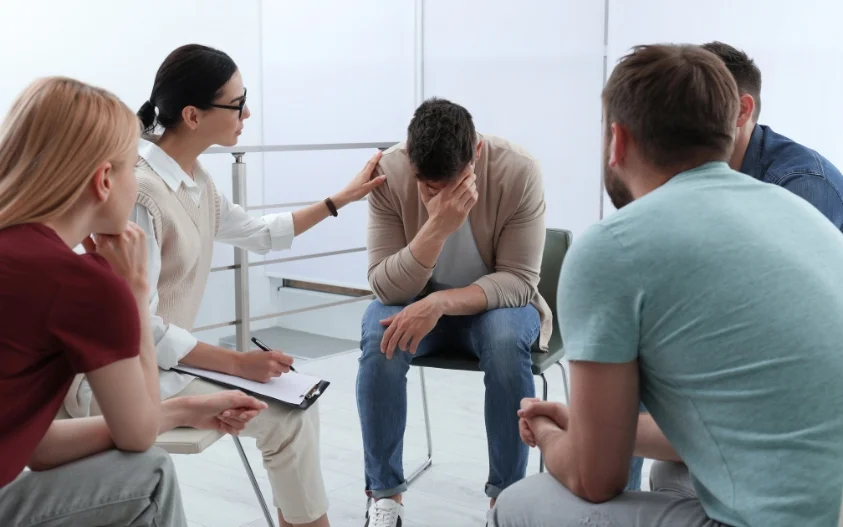





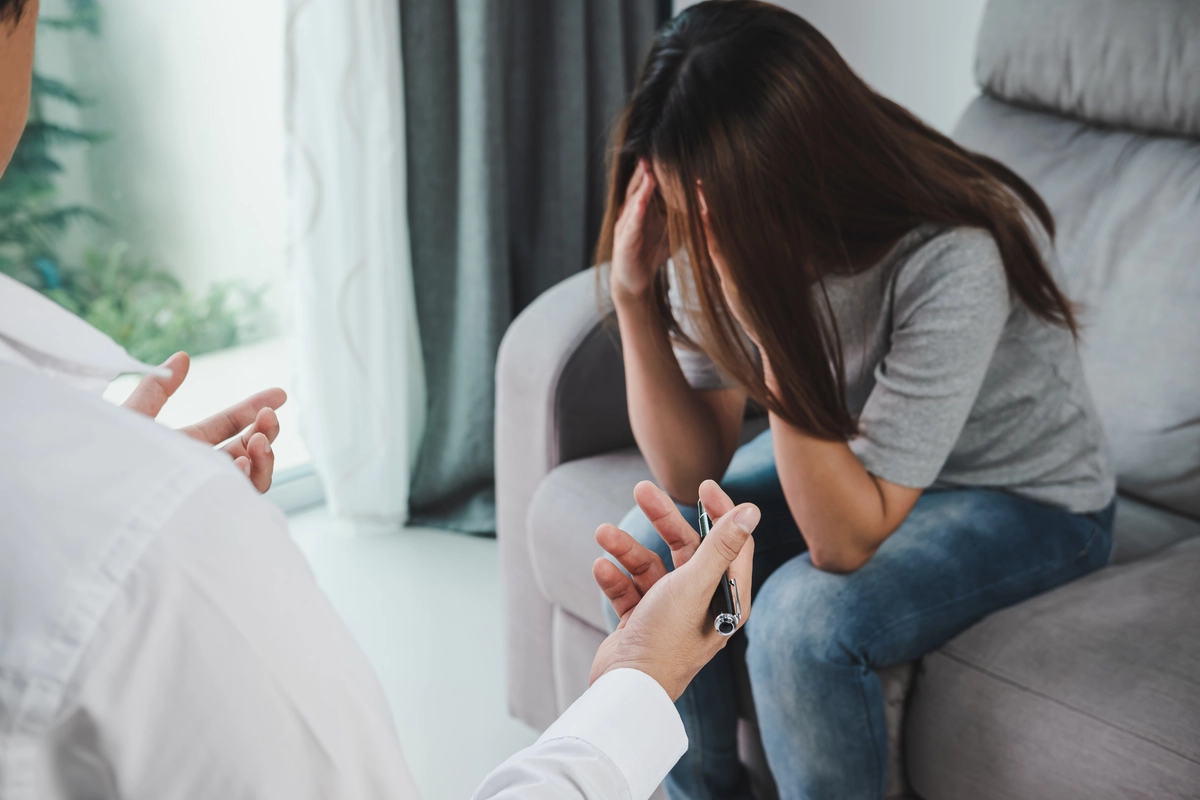



















Redefine U
Redefine U is a private rehab located in Tahlequah, Oklahoma. Redefine U specializes in the treatmen...

People
People Inc. is located in Tahlequah, Oklahoma. People Inc. provides quality community based, habilit...

















































Other Insurance Options

Oxford

MHNNet Behavioral Health

Private insurance

Multiplan

UnitedHealth Group

Health Partners

Magellan Health

MVP Healthcare

Premera

Health Choice

Optum

WellCare Health Plans

ComPsych

CareFirst

Optima

EmblemHealth

Anthem

Ambetter

AllWell

Coventry Health Care